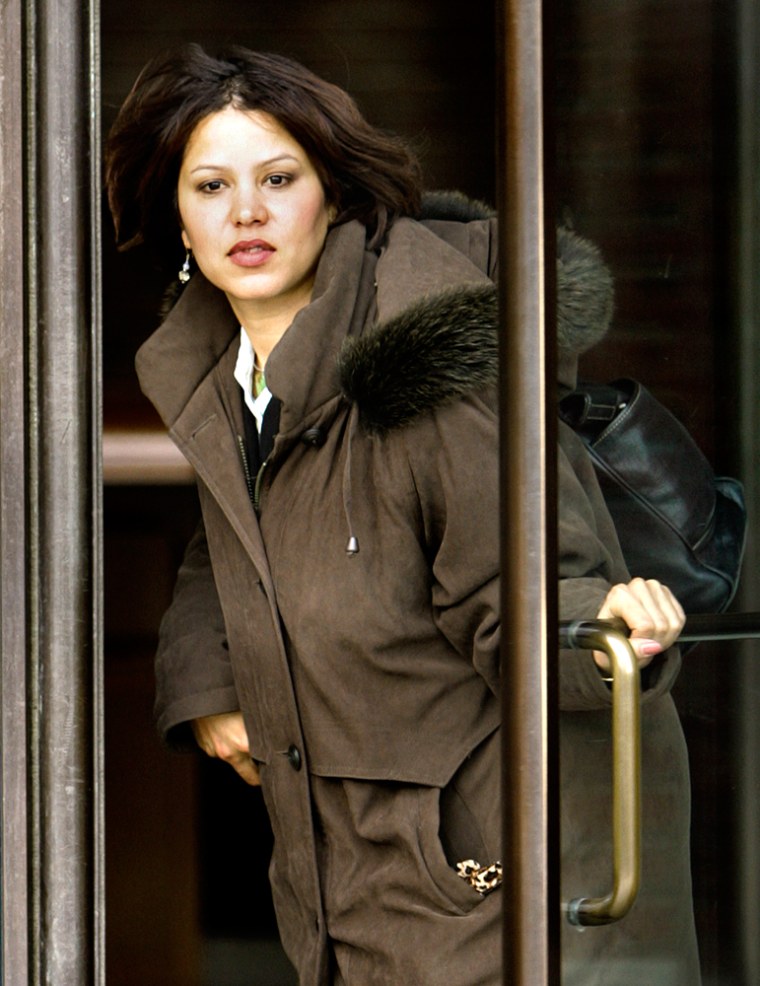Harvard University did not discriminate against a library assistant who claimed she was repeatedly turned down for promotions because school officials saw her as “a pretty girl” whose attire was too “sexy,” a federal jury found Monday.
Desiree Goodwin also claimed that Harvard passed her over because of her race — she is African American — and her gender. She had been seeking damages for emotional distress and lost wages.
“One of my friends said to me, no matter how it turns out, standing up for yourself is a victory in itself,” Goodwin said after the verdict.
Harvard spokesman Joe Wrinn said the university was pleased with the ruling.
“Employment at Harvard is based on the specific work skills and work history applicants bring to specific jobs,” he said. “We have always believed that to be the case, and today the jury has agreed.”
Goodwin, who has worked as a library assistant at Harvard since 1994, claimed in the lawsuit that she had been rejected for seven promotions at the library since 1999.
Shocked by 2001 comments
She said she was shocked when, in late 2001, her supervisor told her she would never be promoted at Harvard. In court documents, Goodwin said her supervisor told her she was “a joke” at the university’s main library, where she “was seen merely as a pretty girl who wore sexy outfits, low-cut blouses, and tight pants.”
But Harvard attorney Richard Riley said Goodwin’s supervisors encouraged her, helped her with her résumé and recommended her for other positions. For each job she applied for, Harvard received applications from dozens of other qualified applicants from across the country, he said.
Goodwin’s claims were dismissed by the Equal Employment Opportunity Commission and the Massachusetts Commission Against Discrimination.
Goodwin, 40, testified earlier in the trial that she overcame a childhood marked by poverty and a chaotic family life to attend Cornell University, Boston College and Simmons College, earning a bachelor’s degree and two master’s degrees, including one in library science.
She said she has no immediate plans to leave Harvard, although she is looking for library jobs elsewhere.
